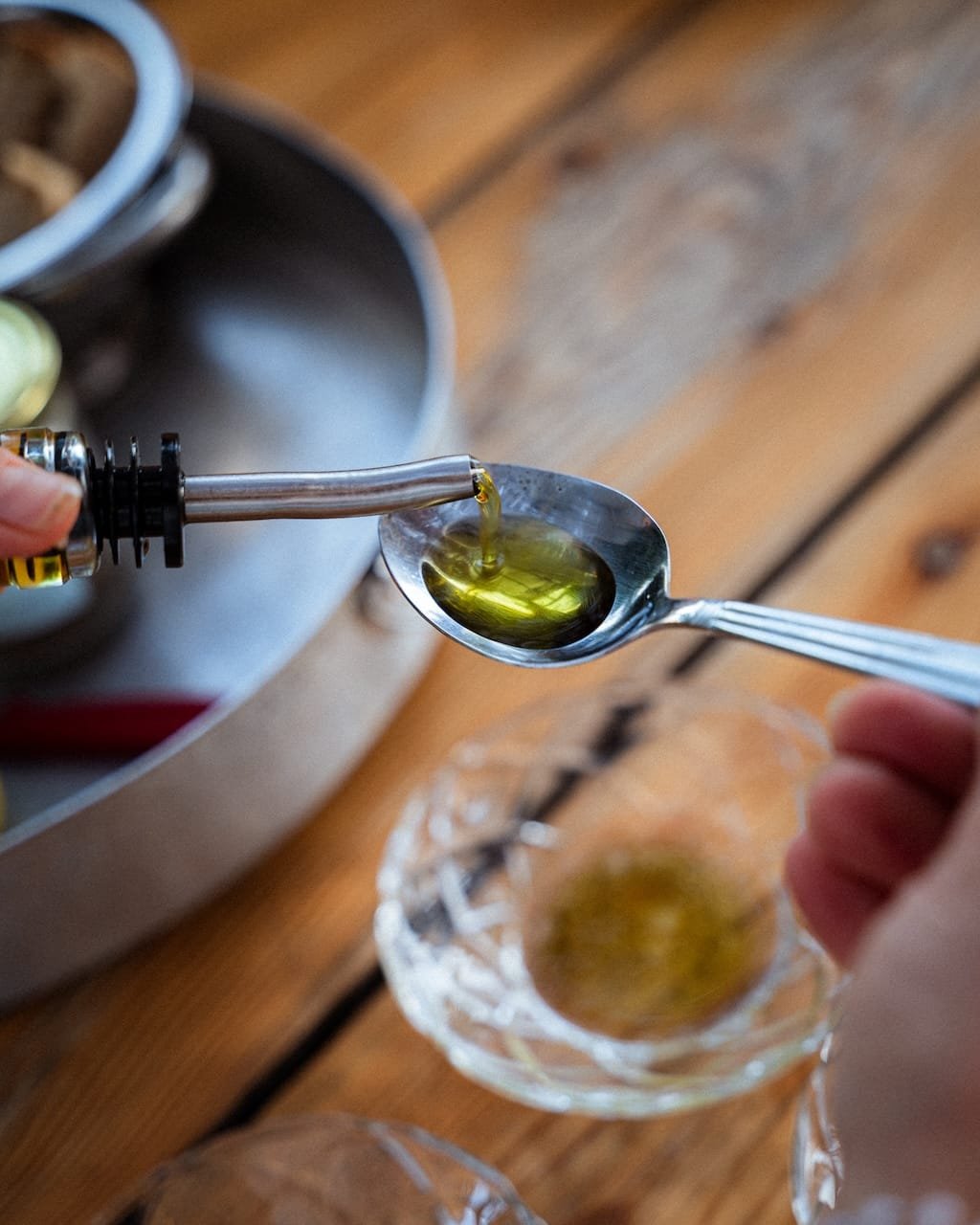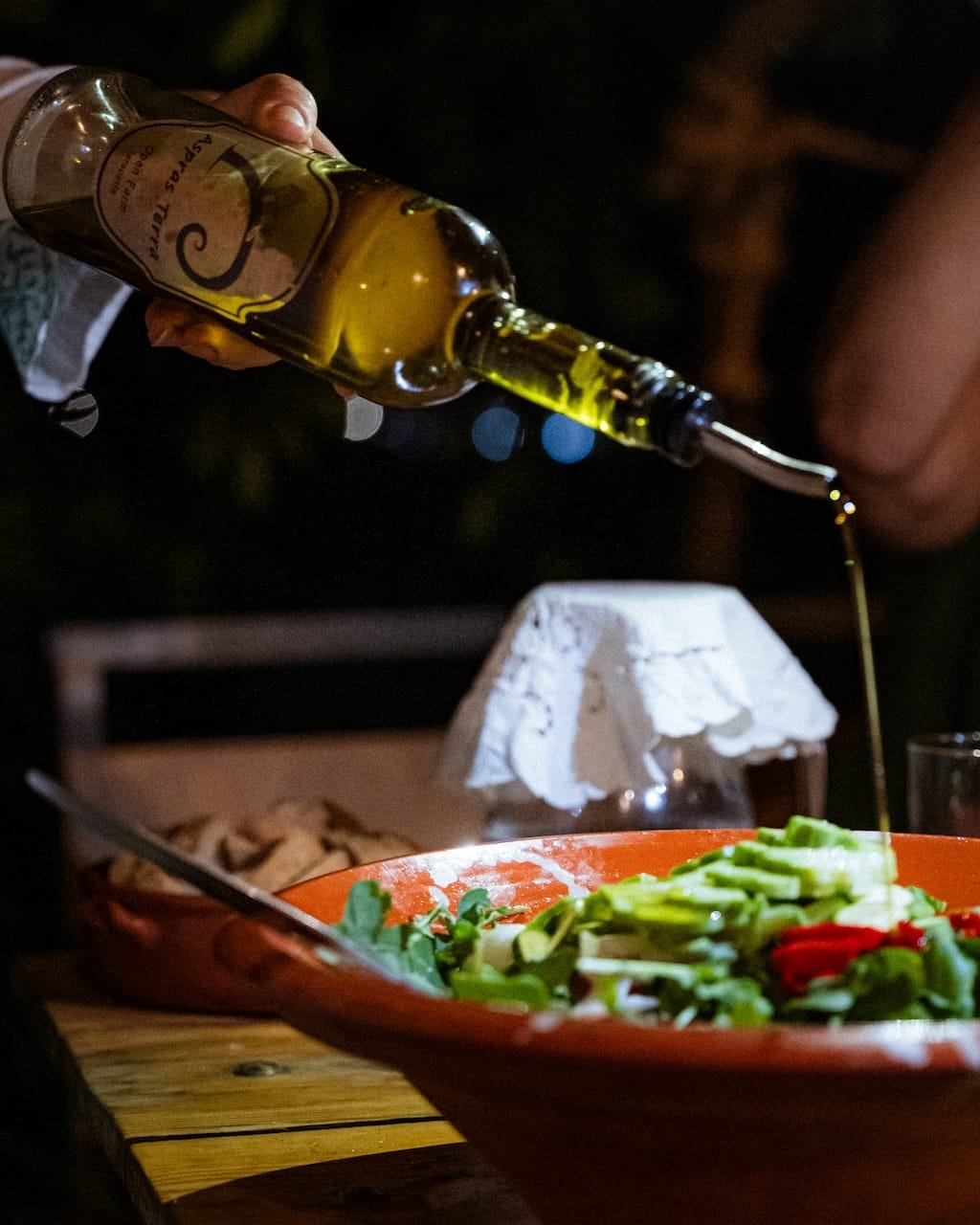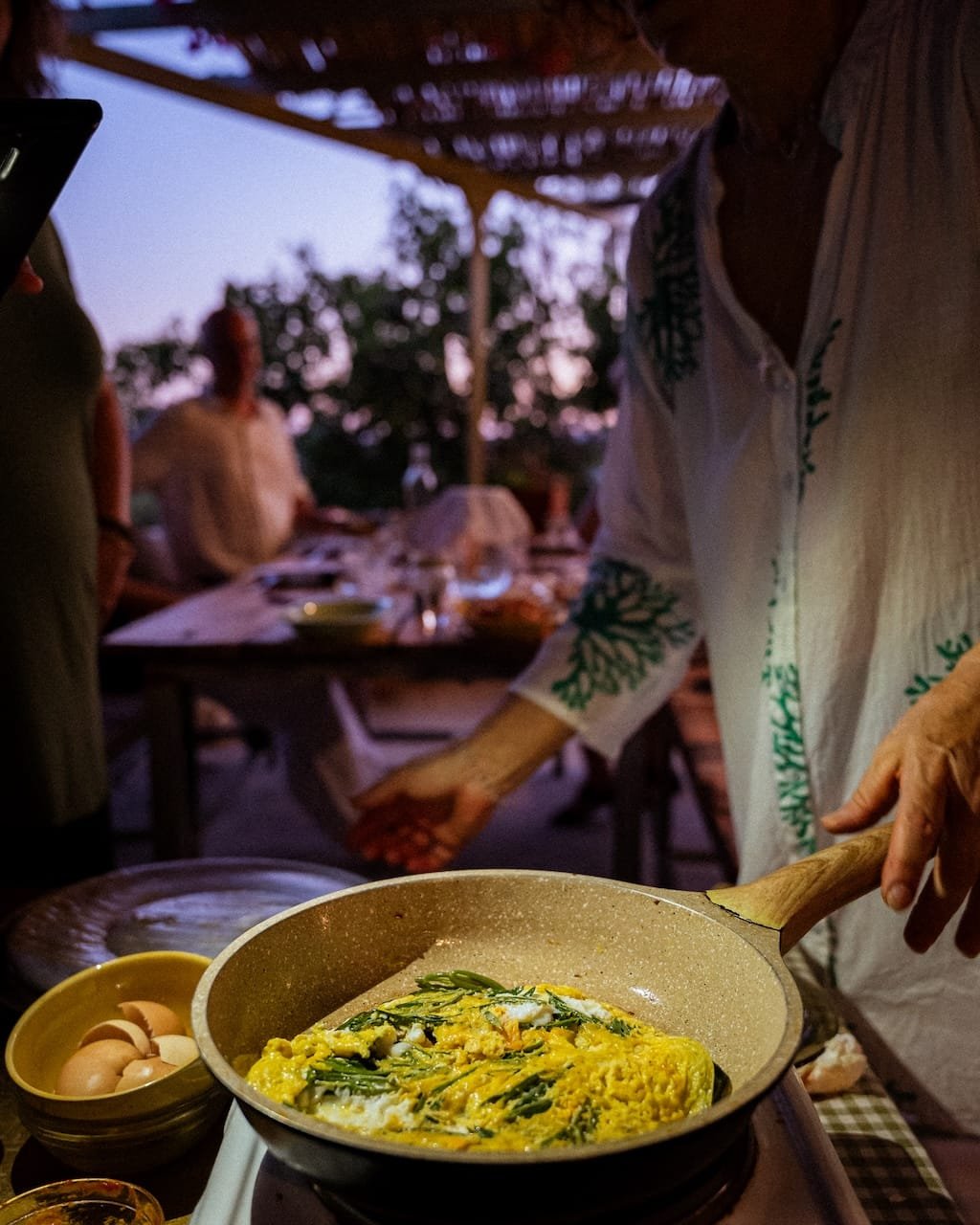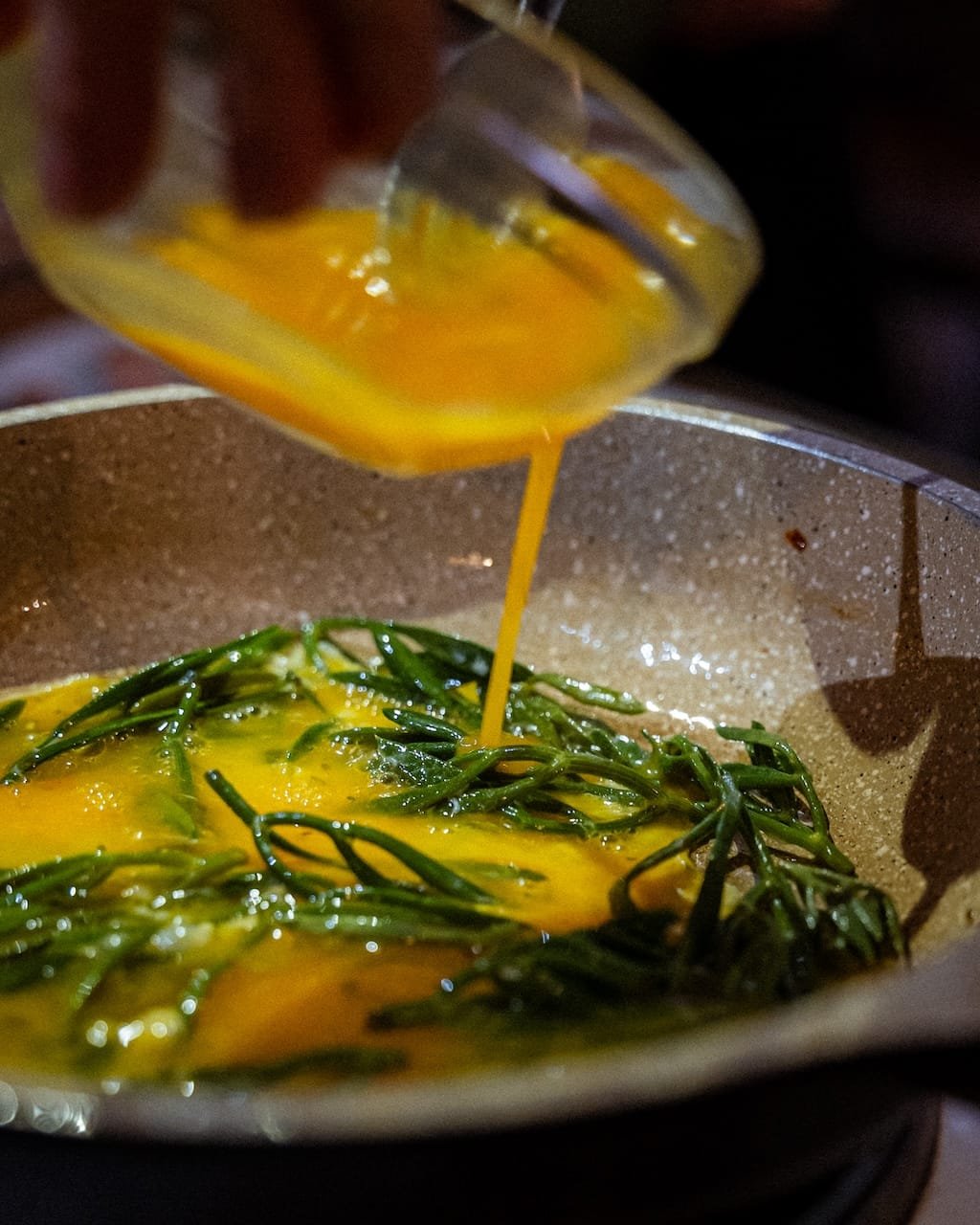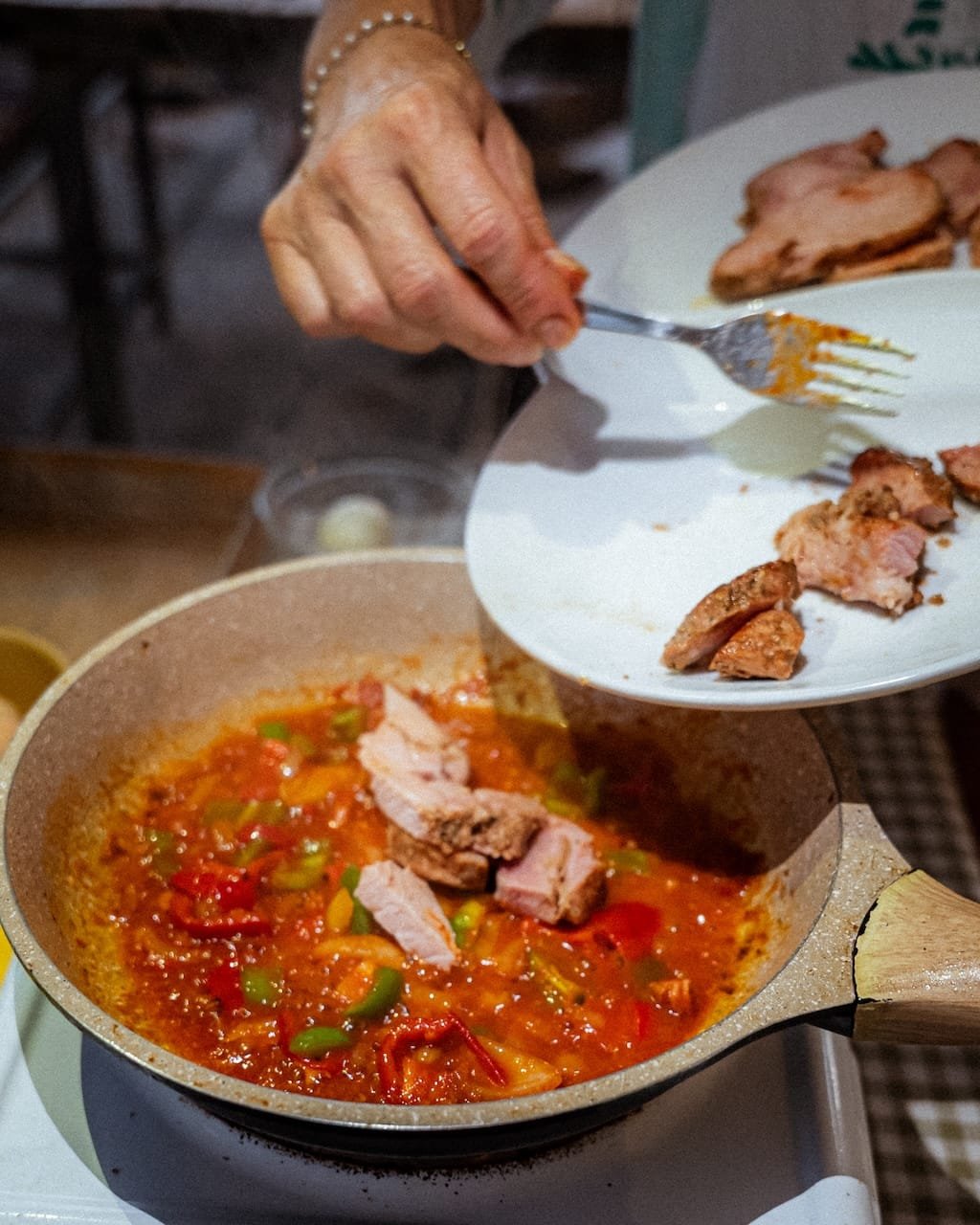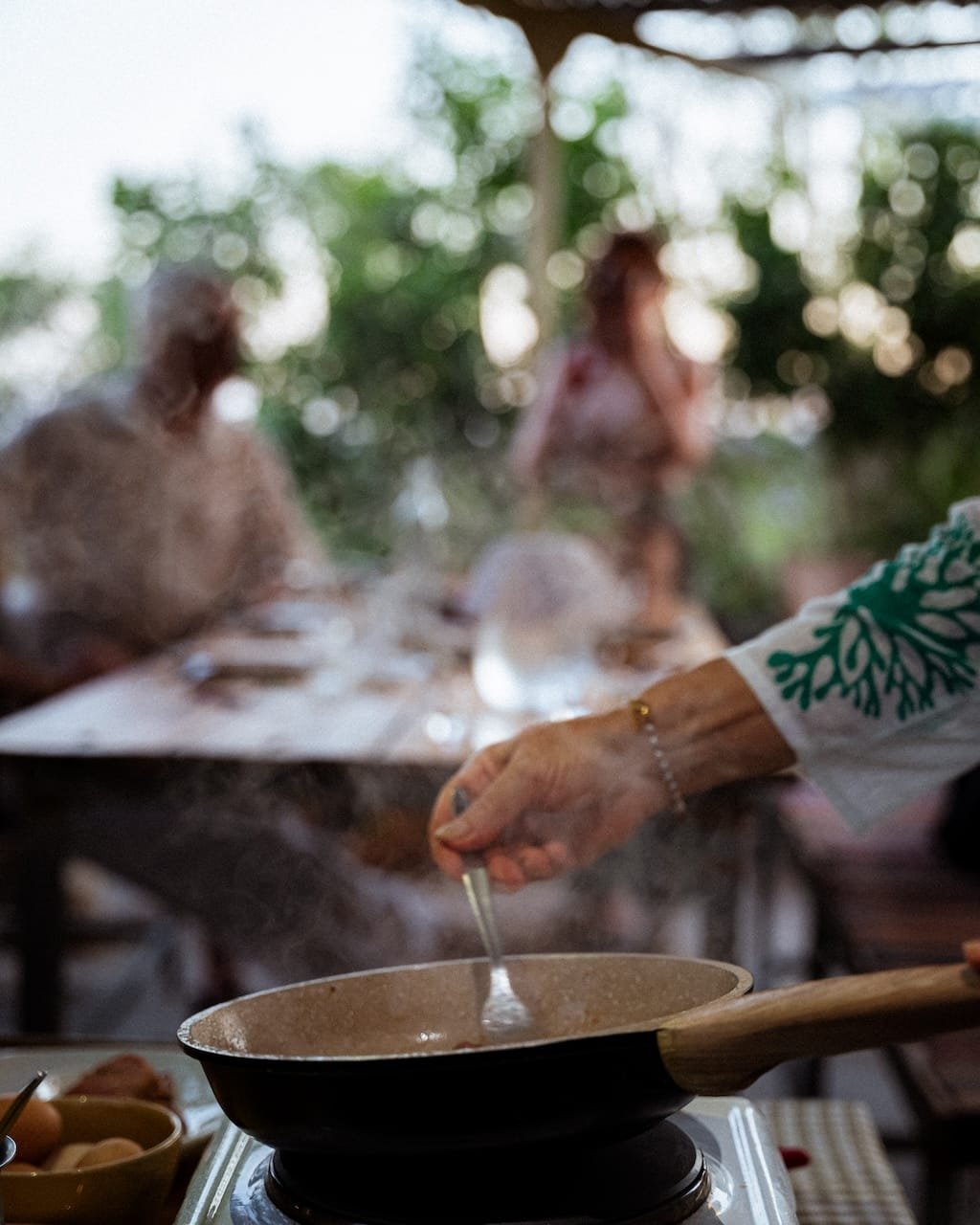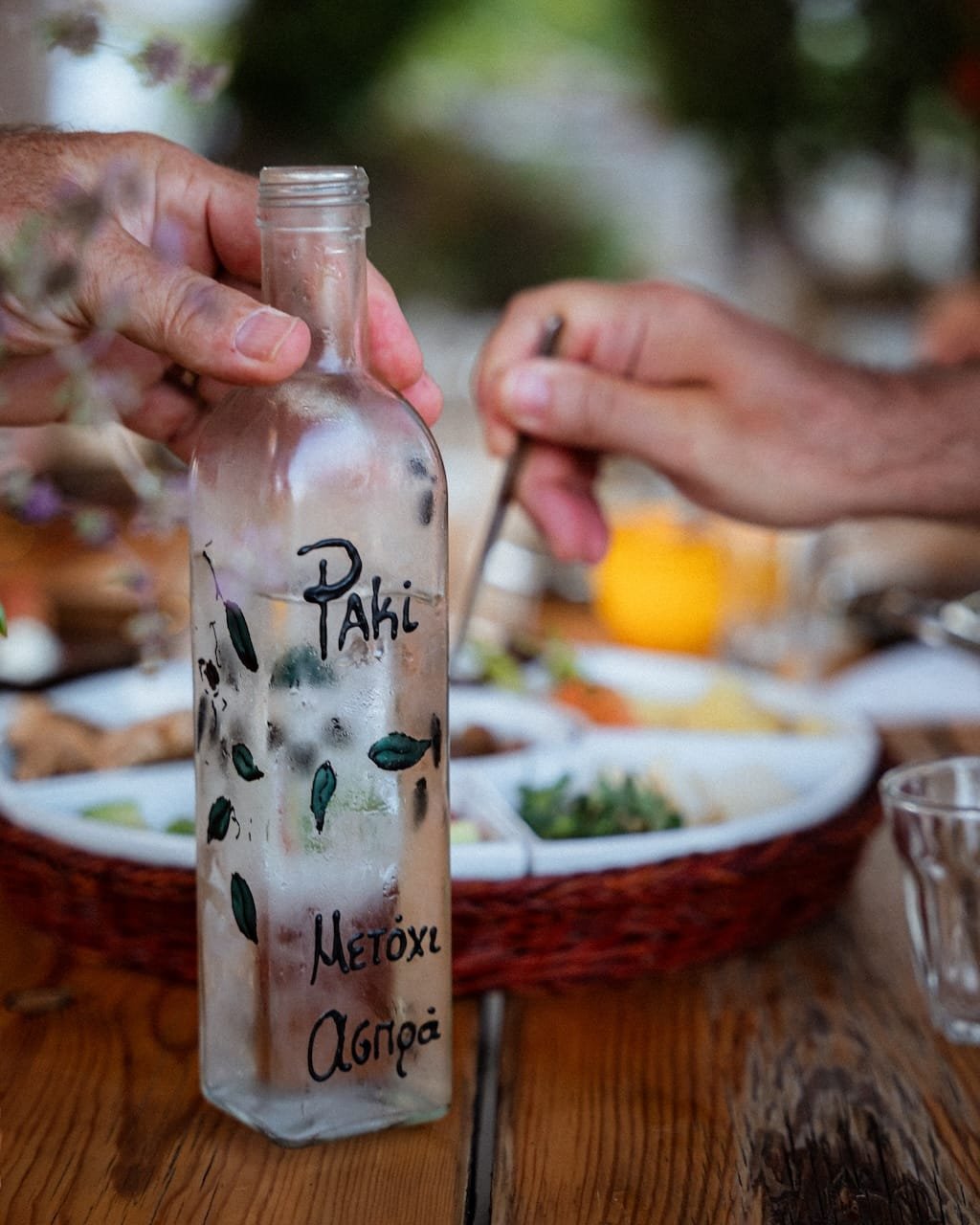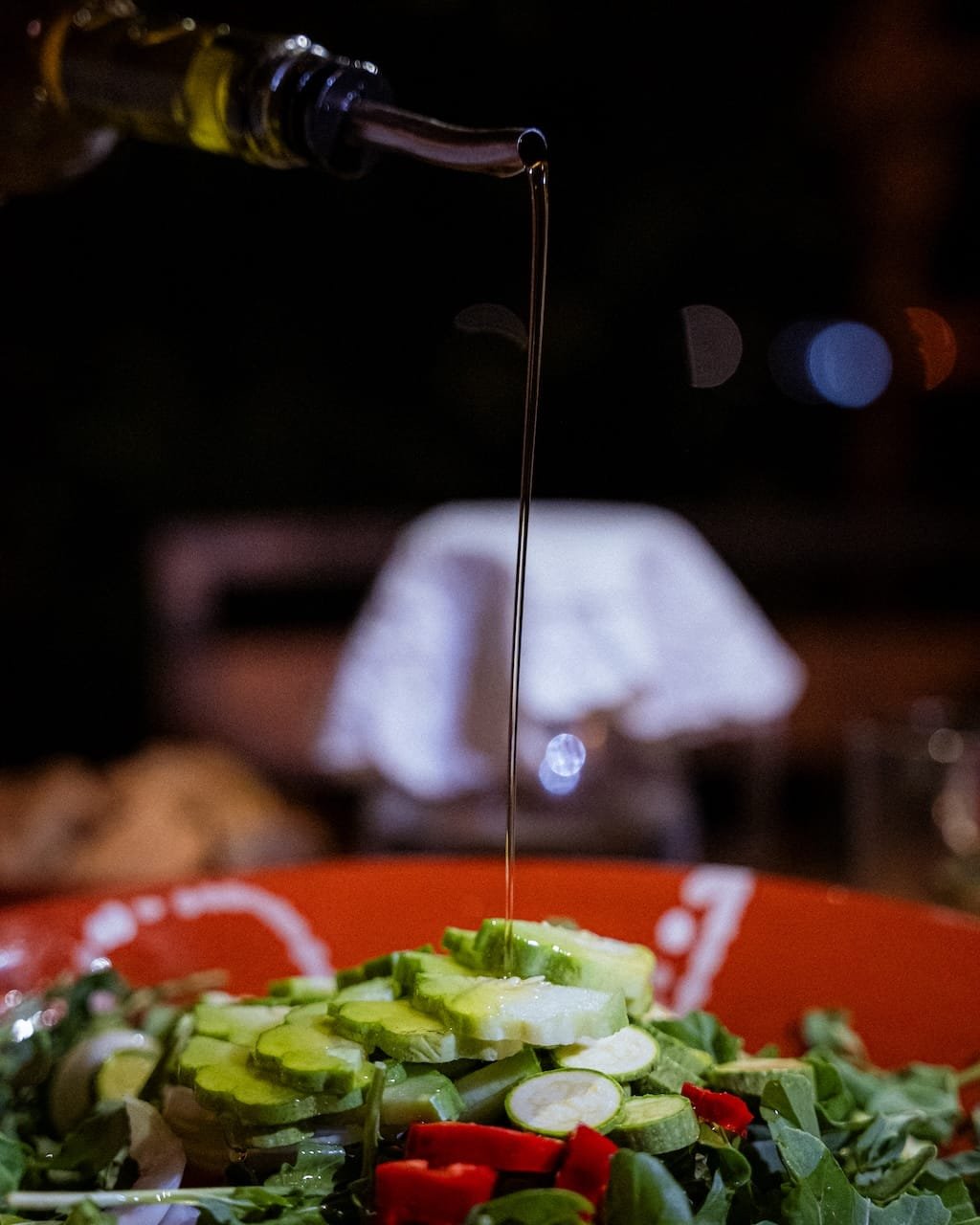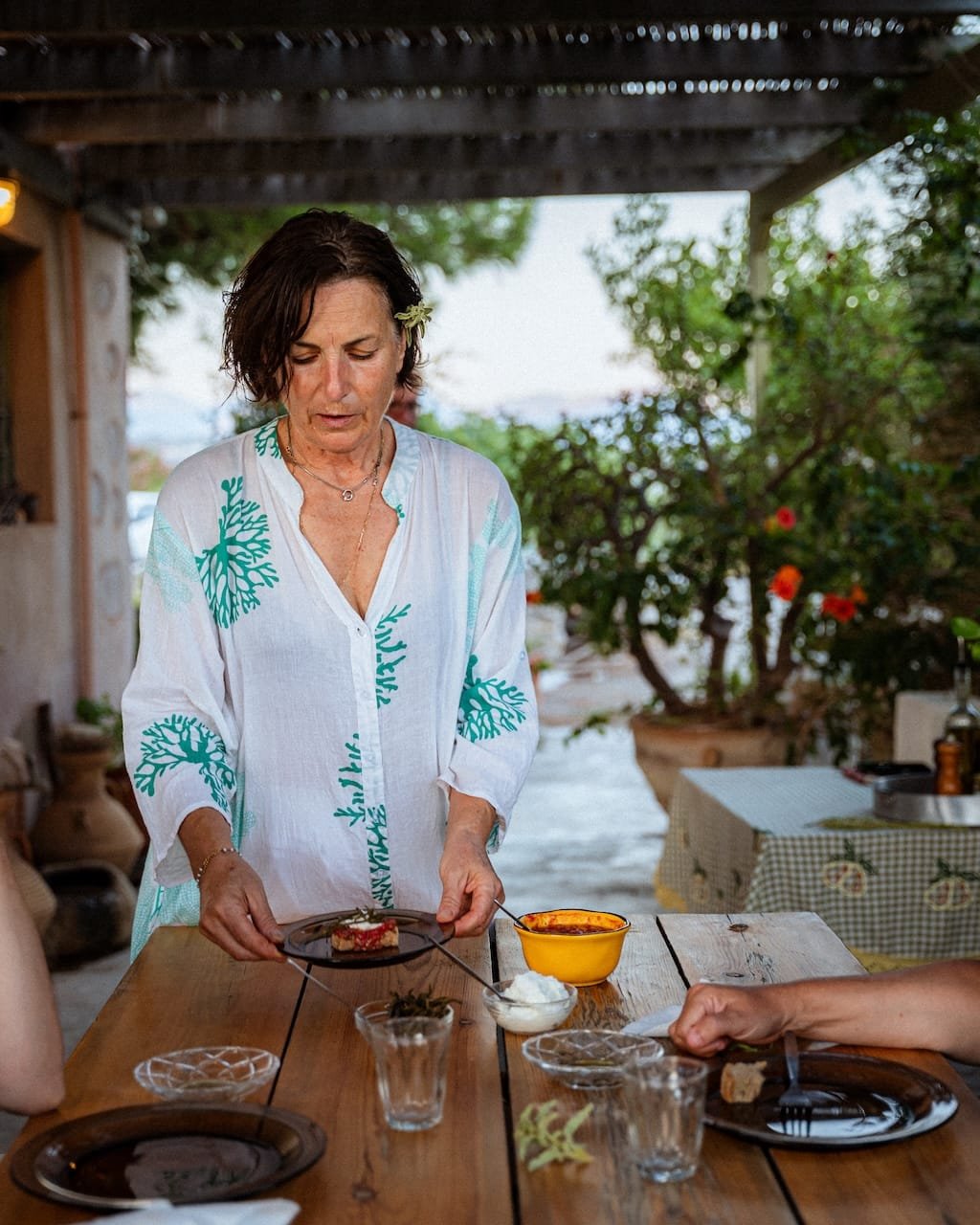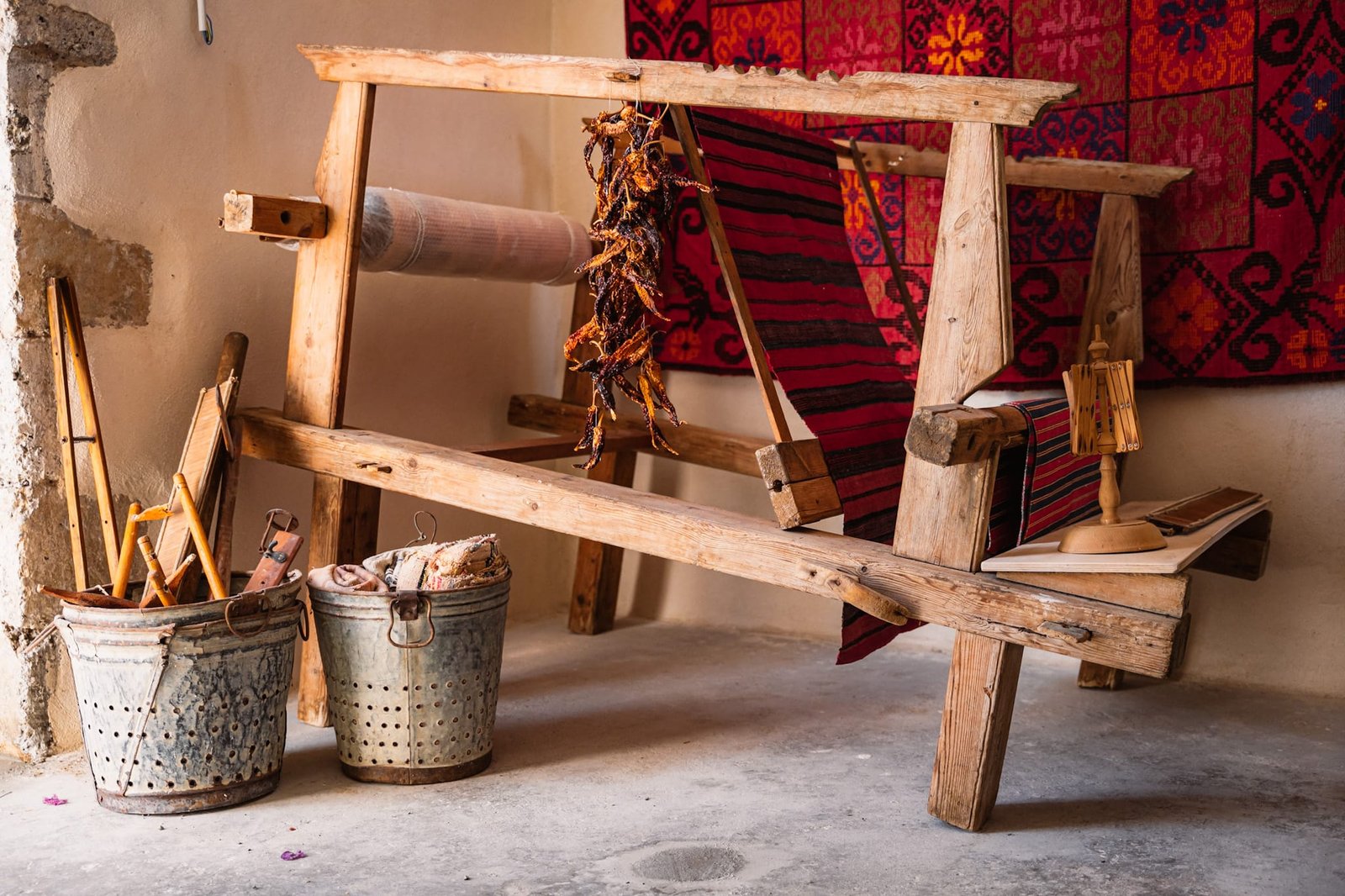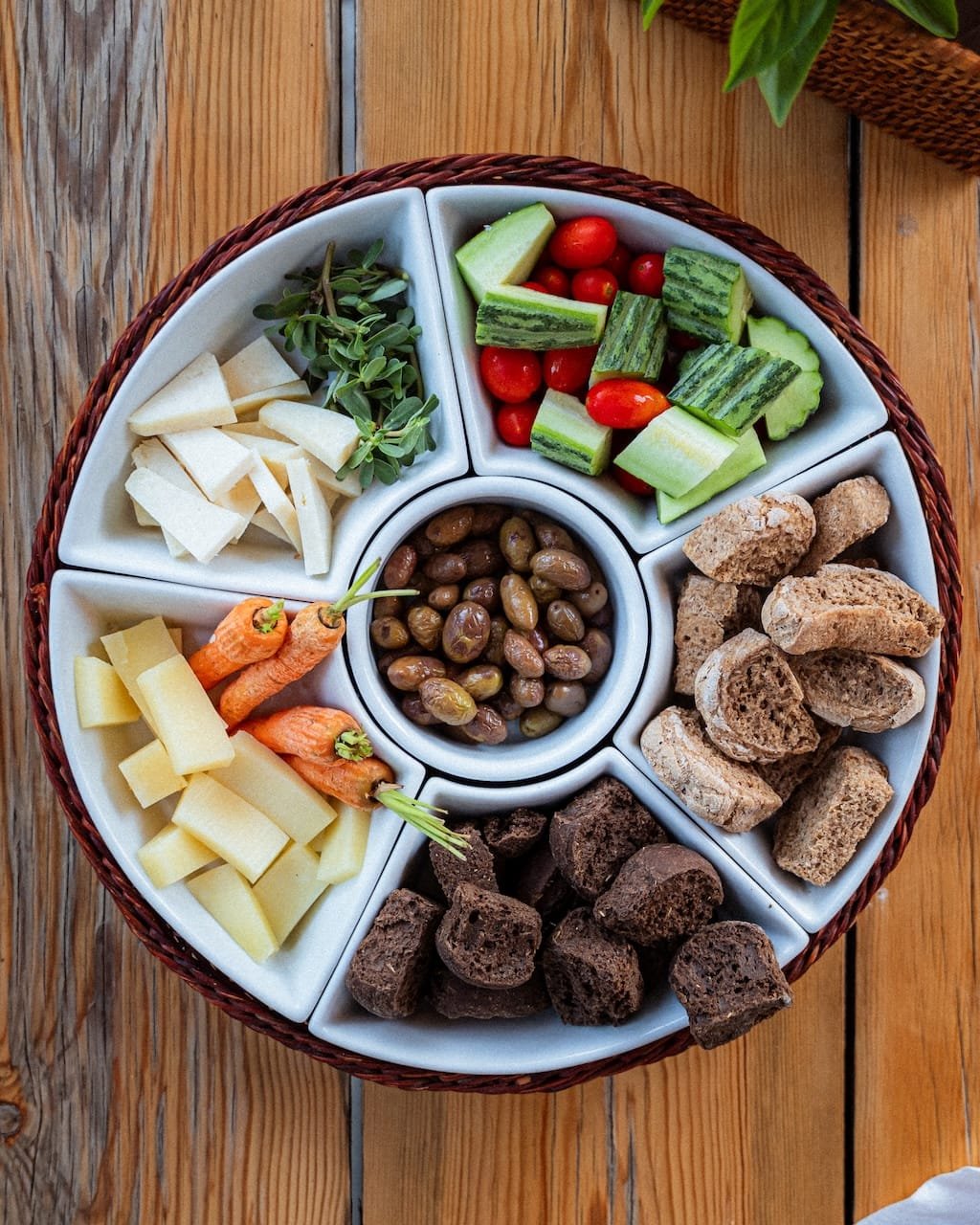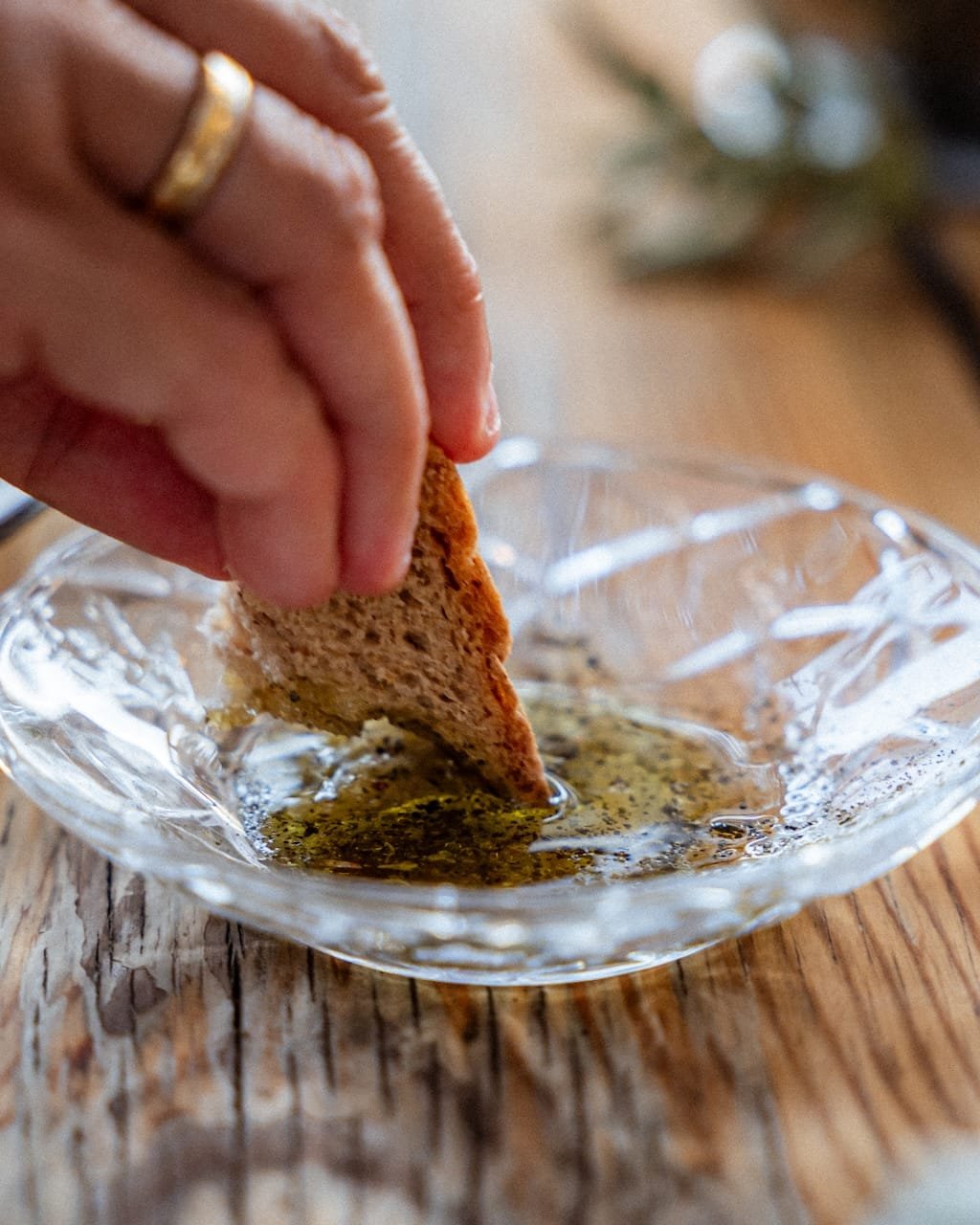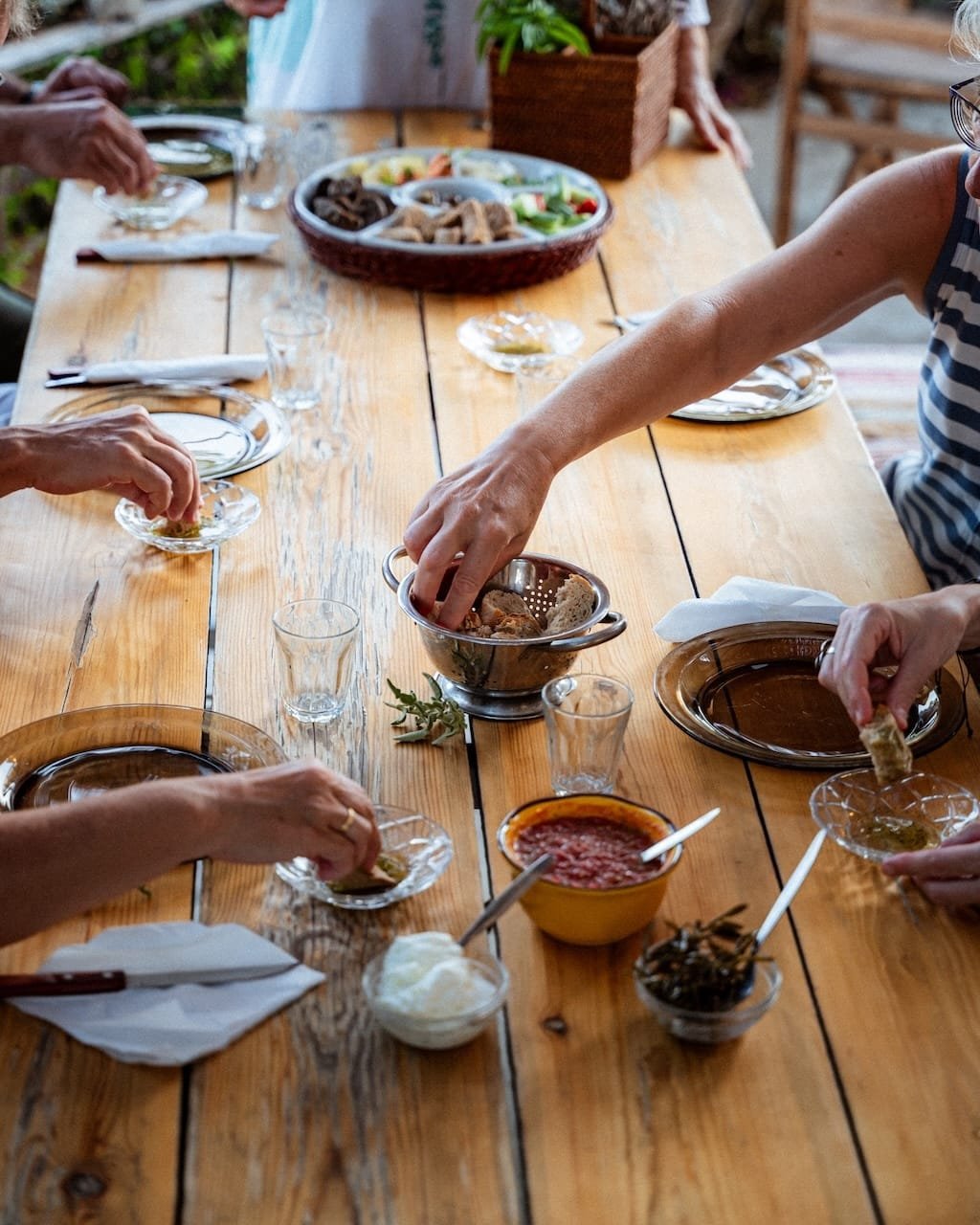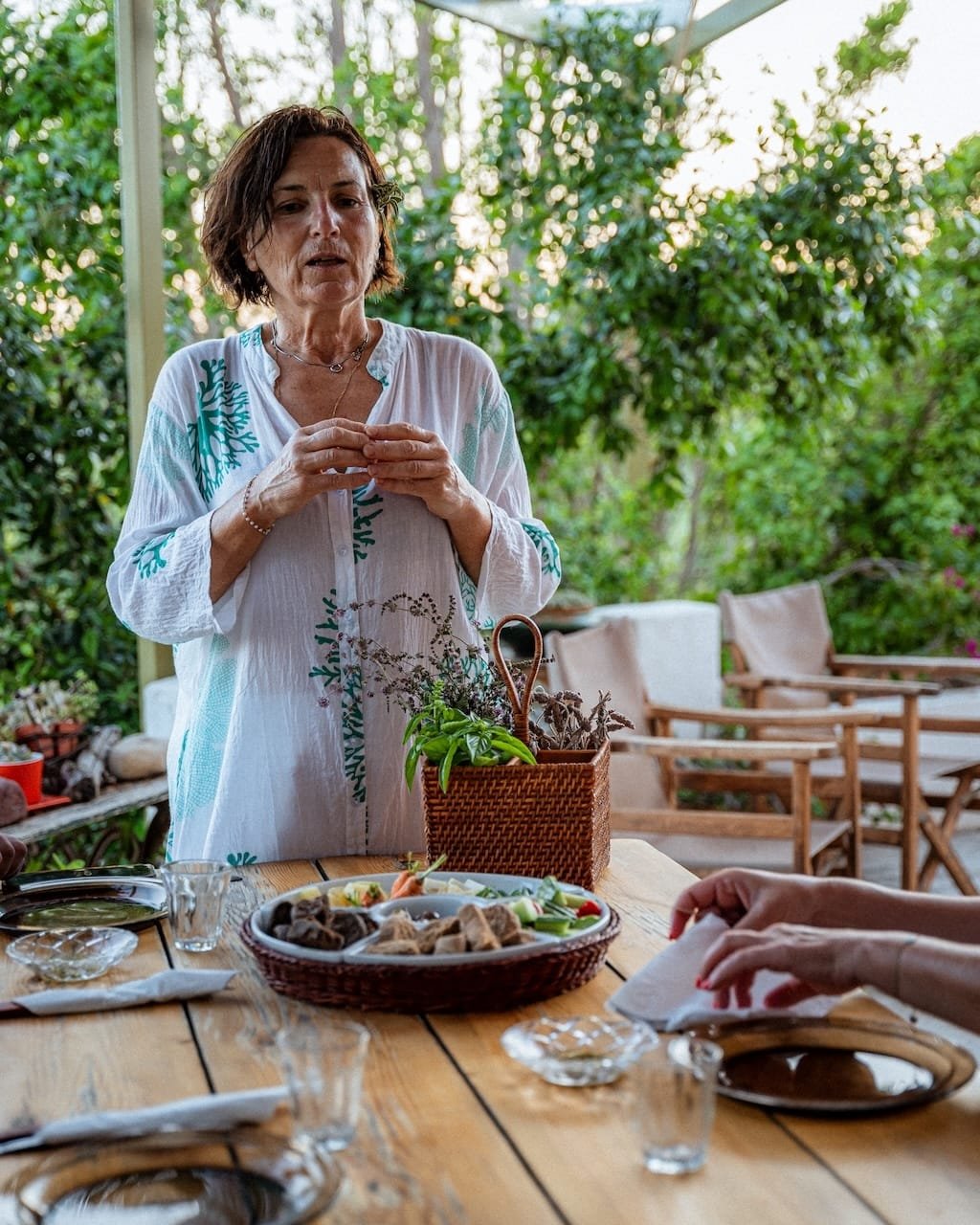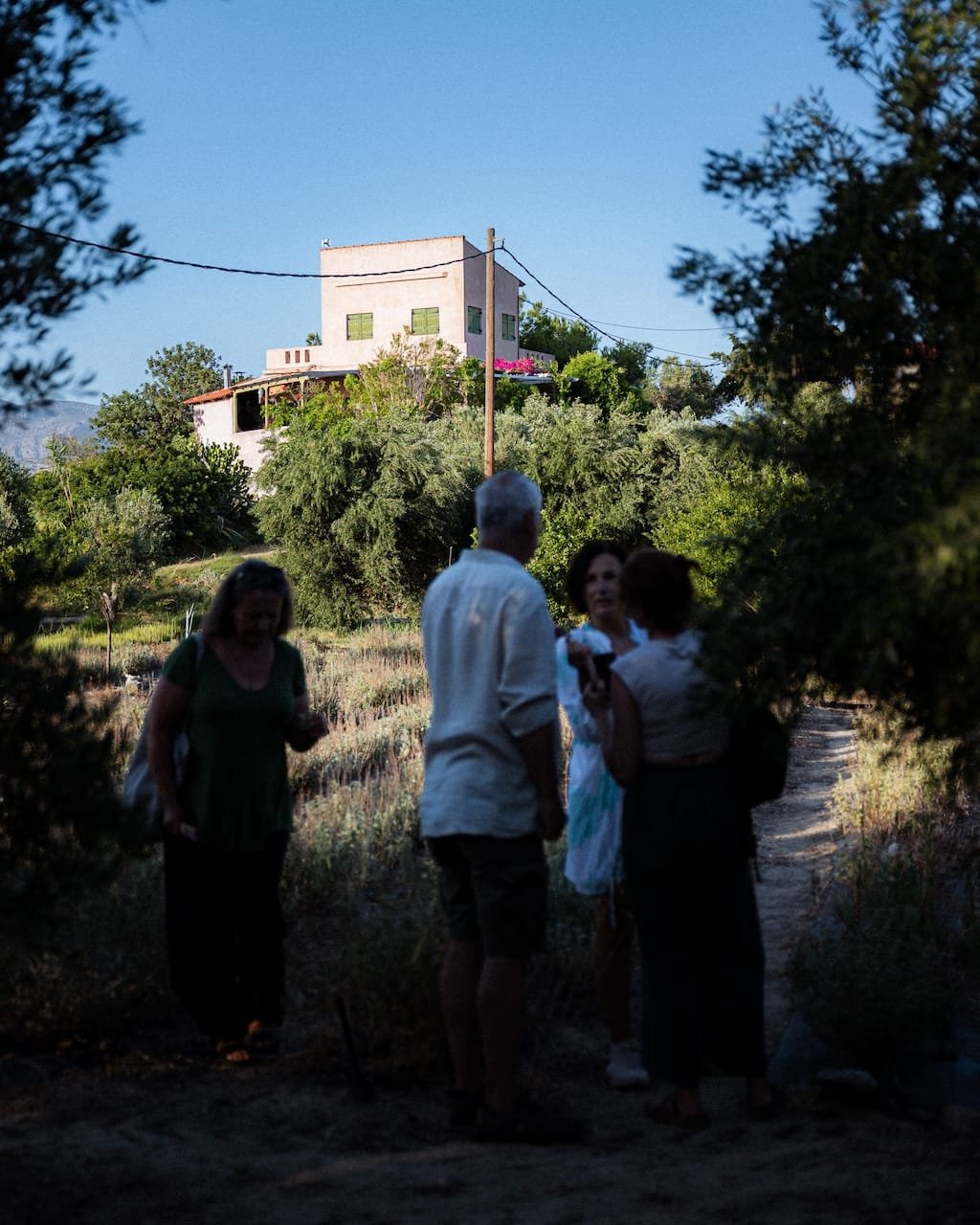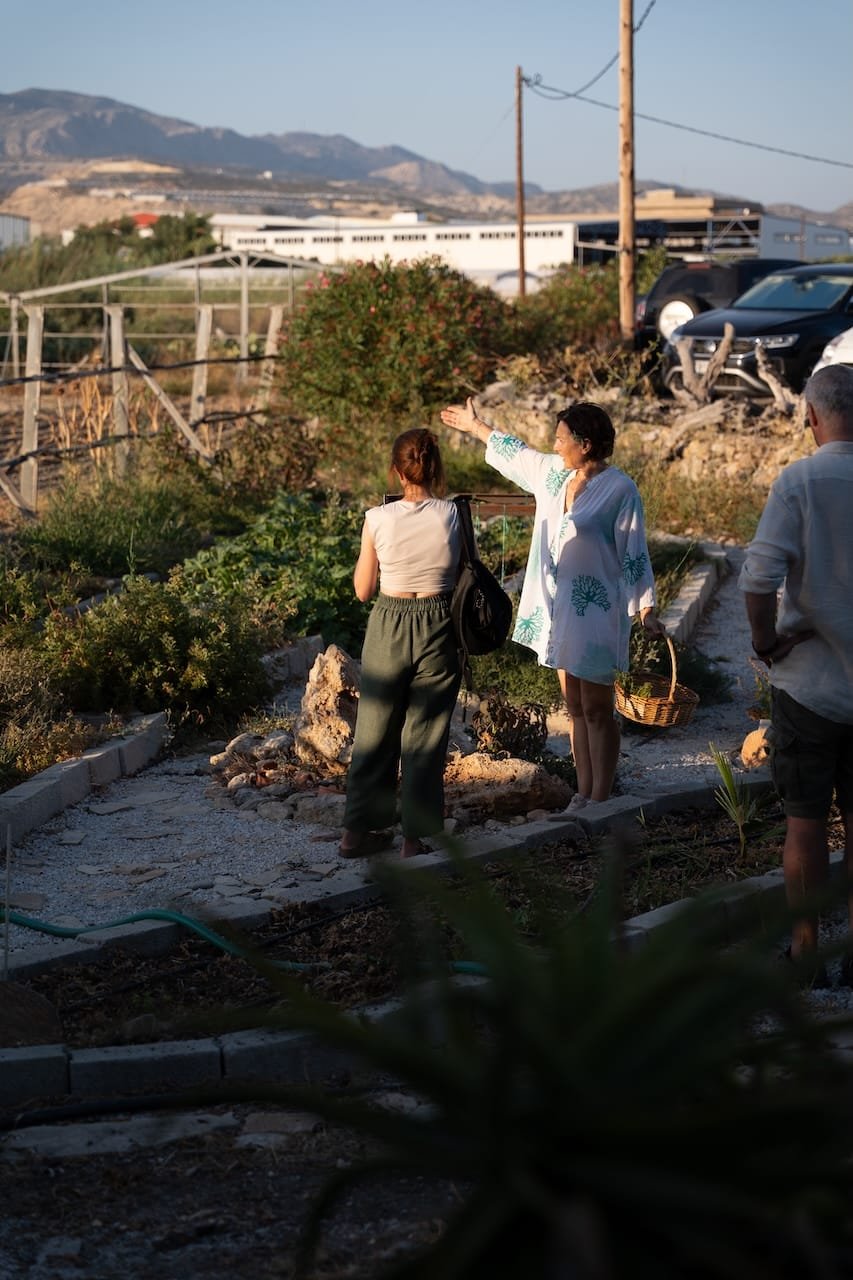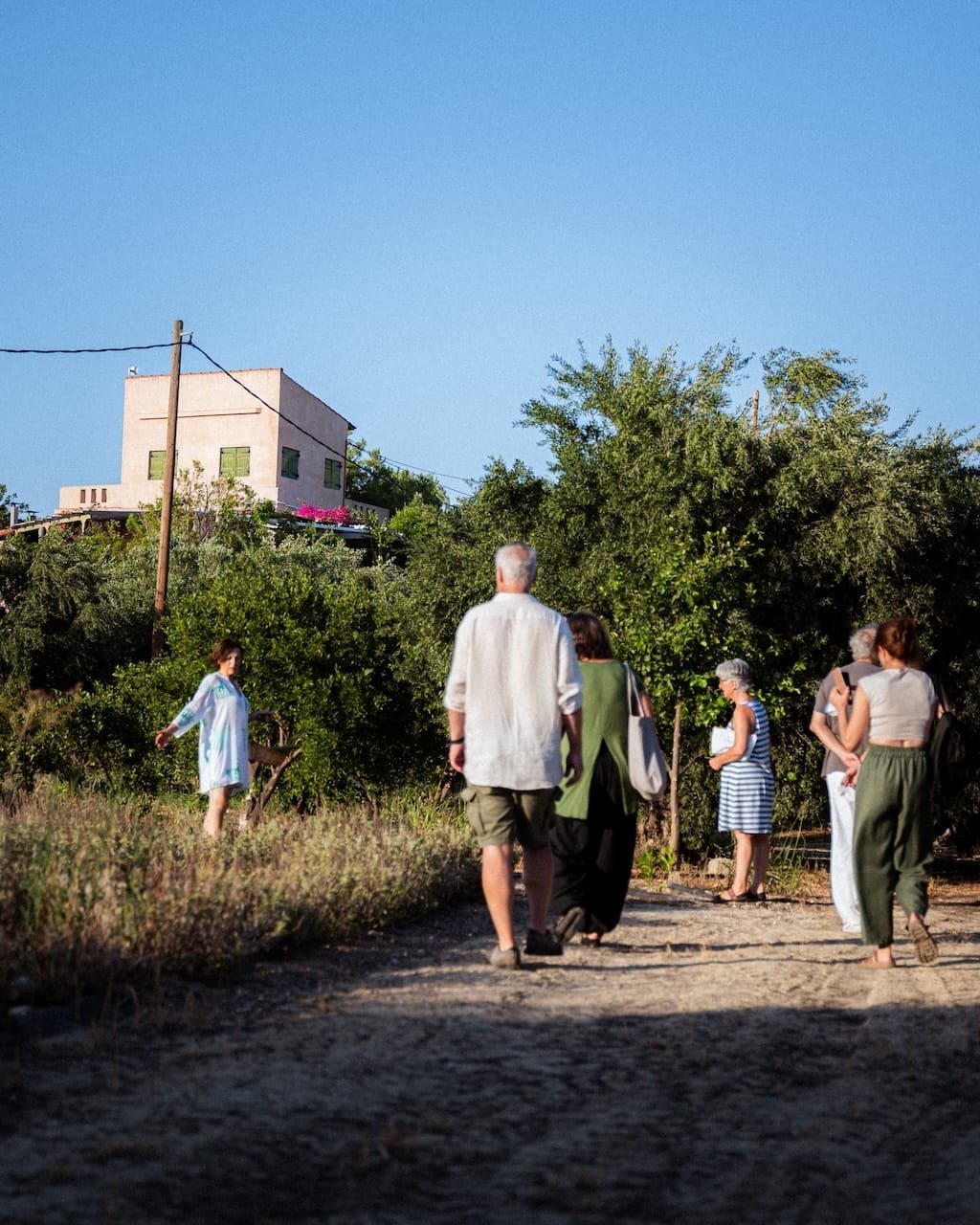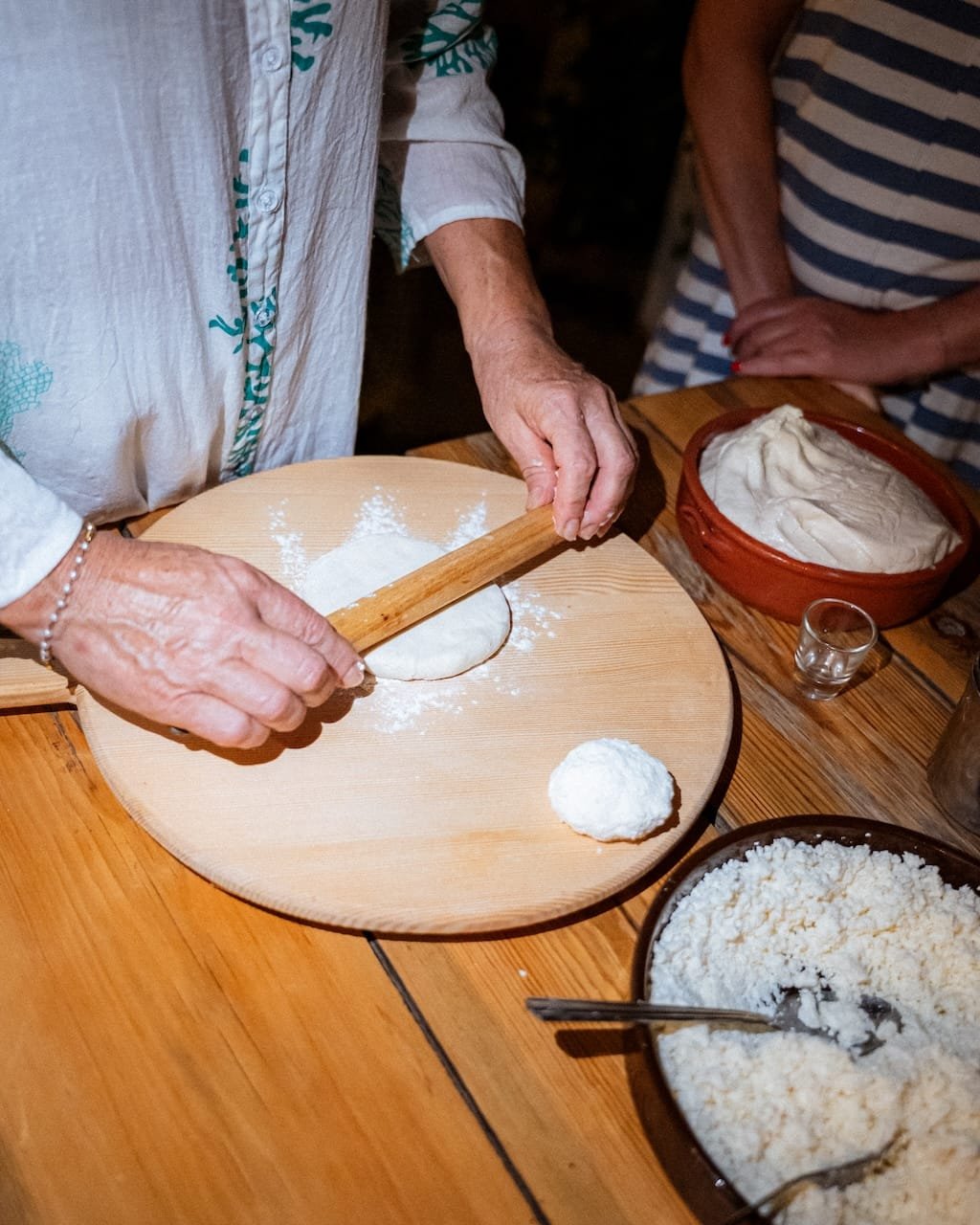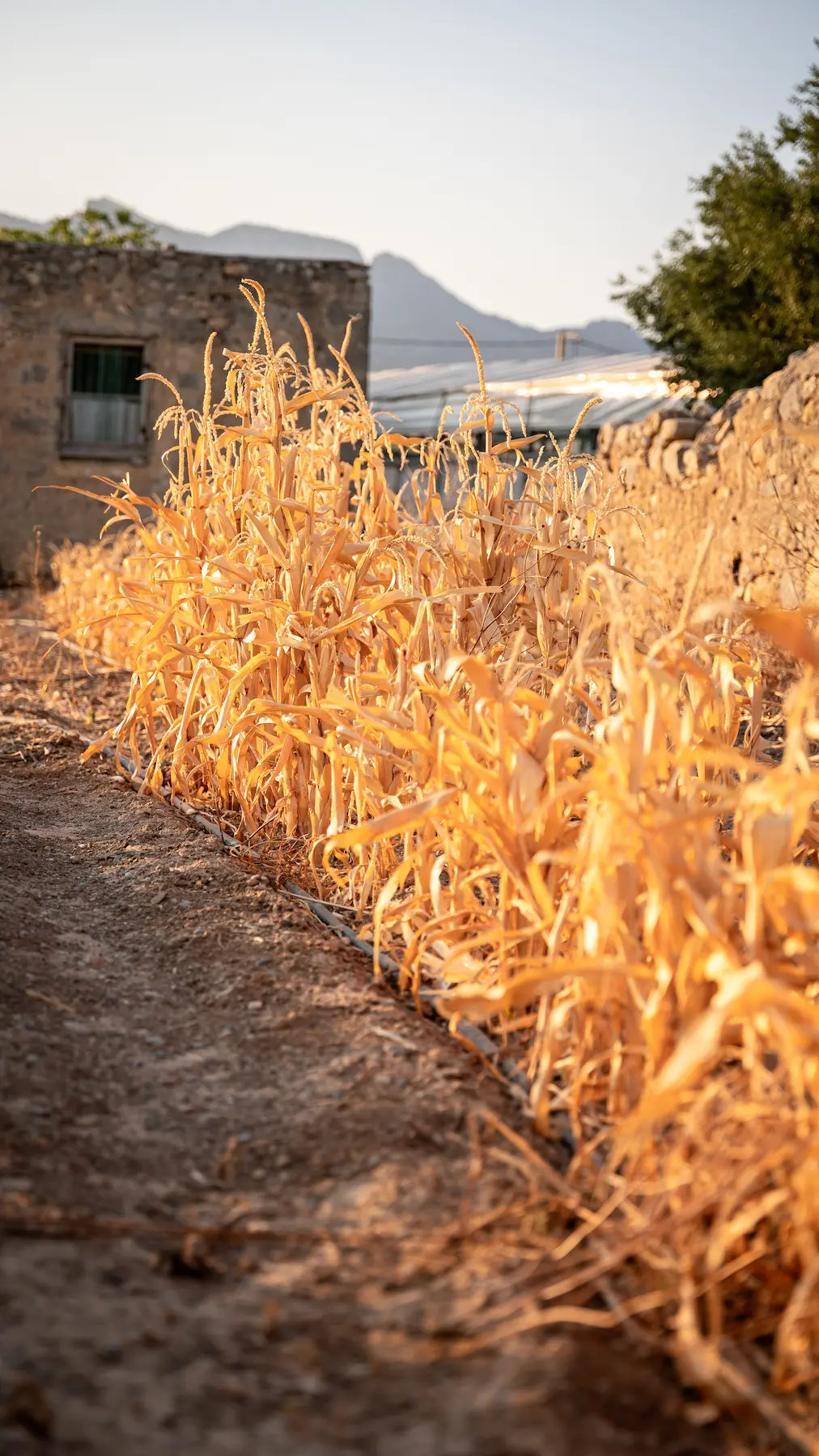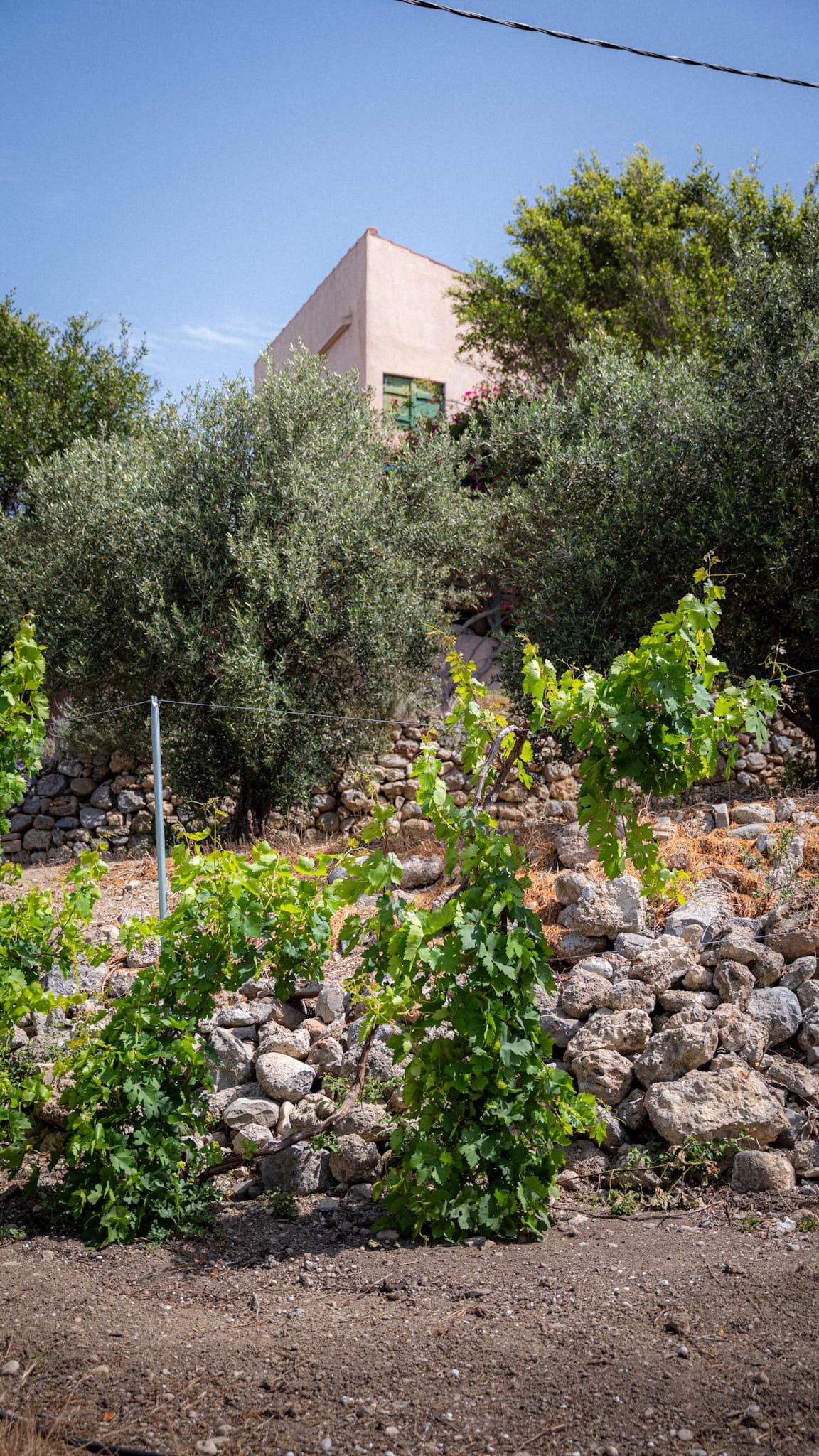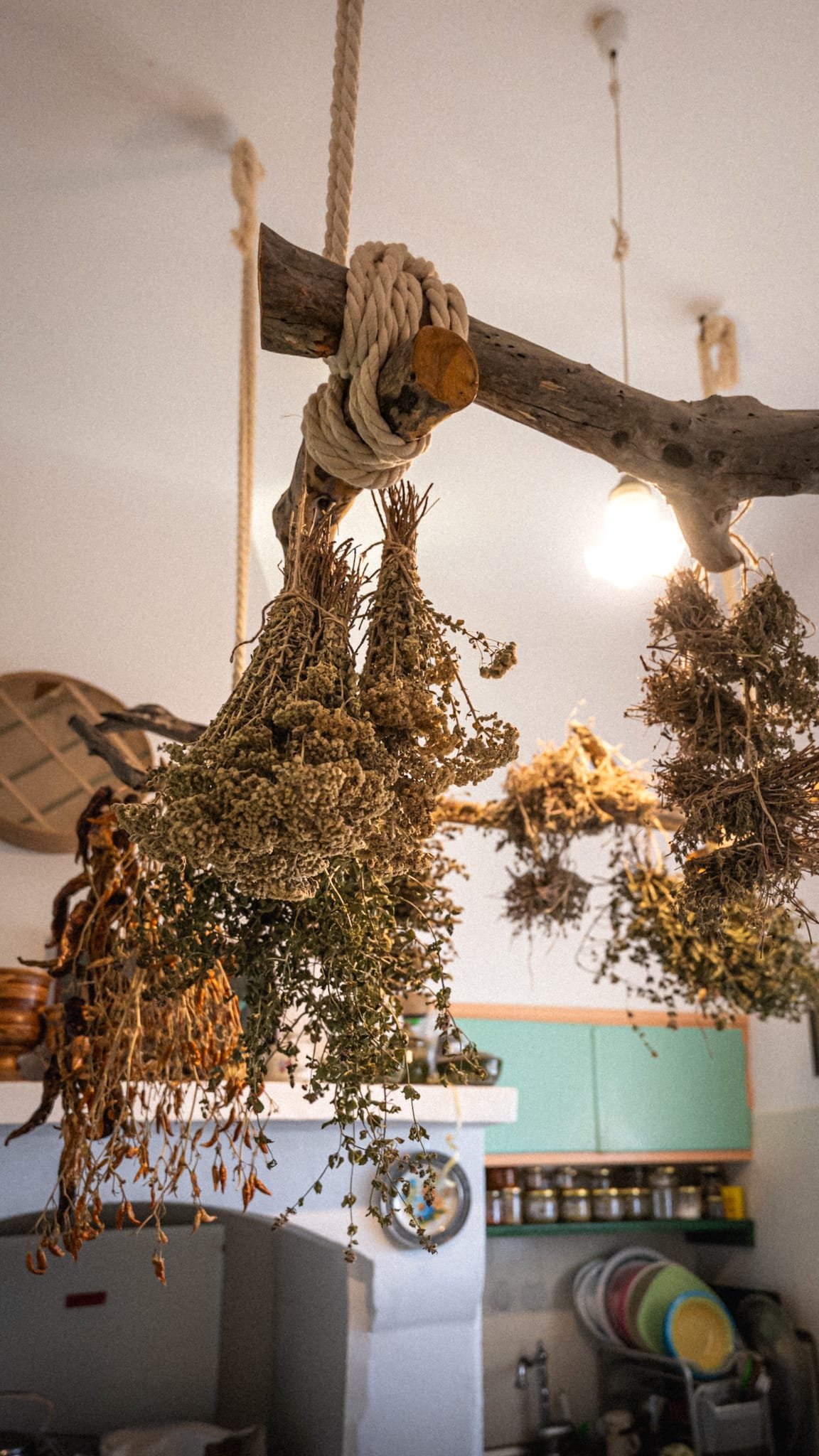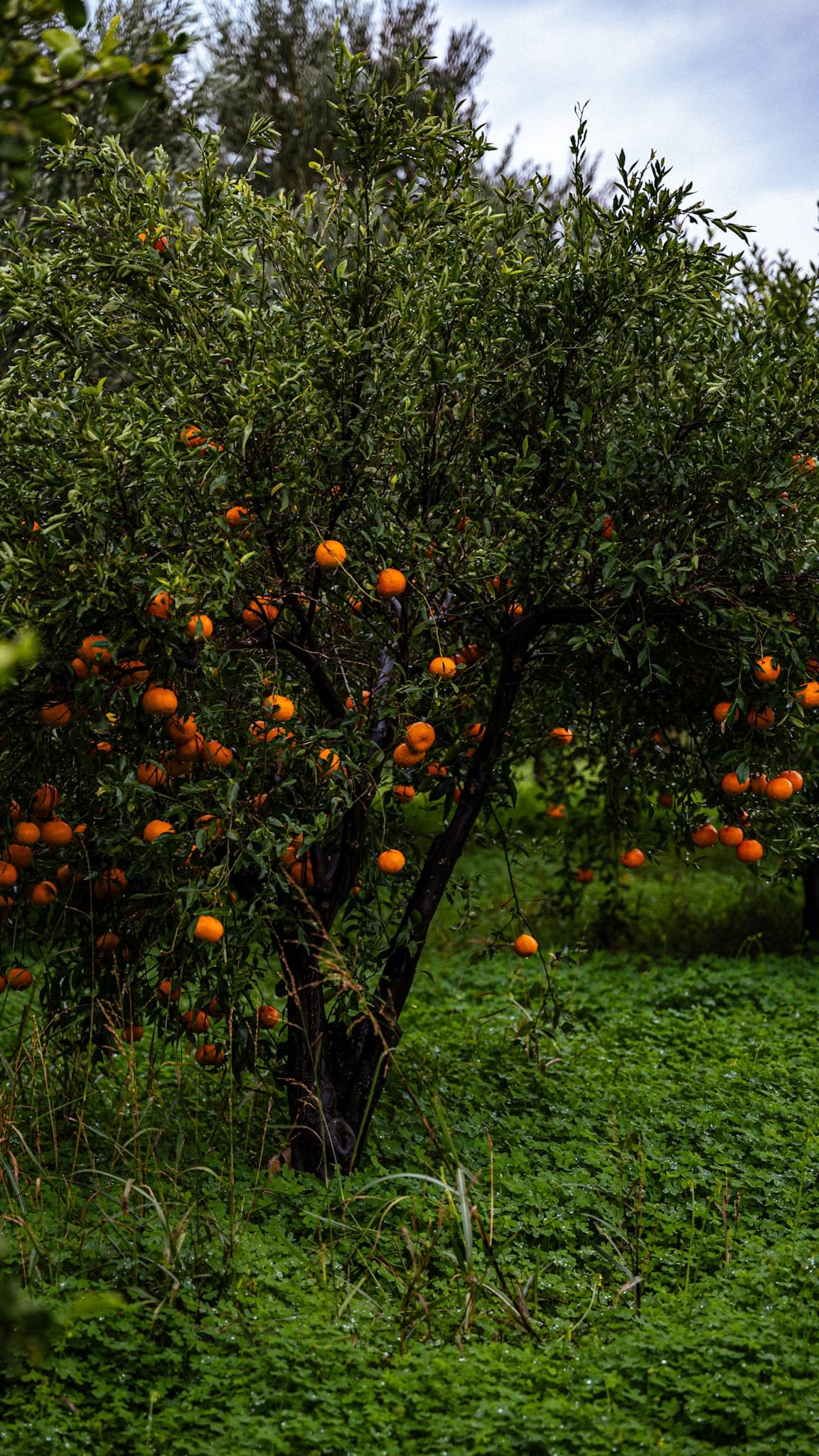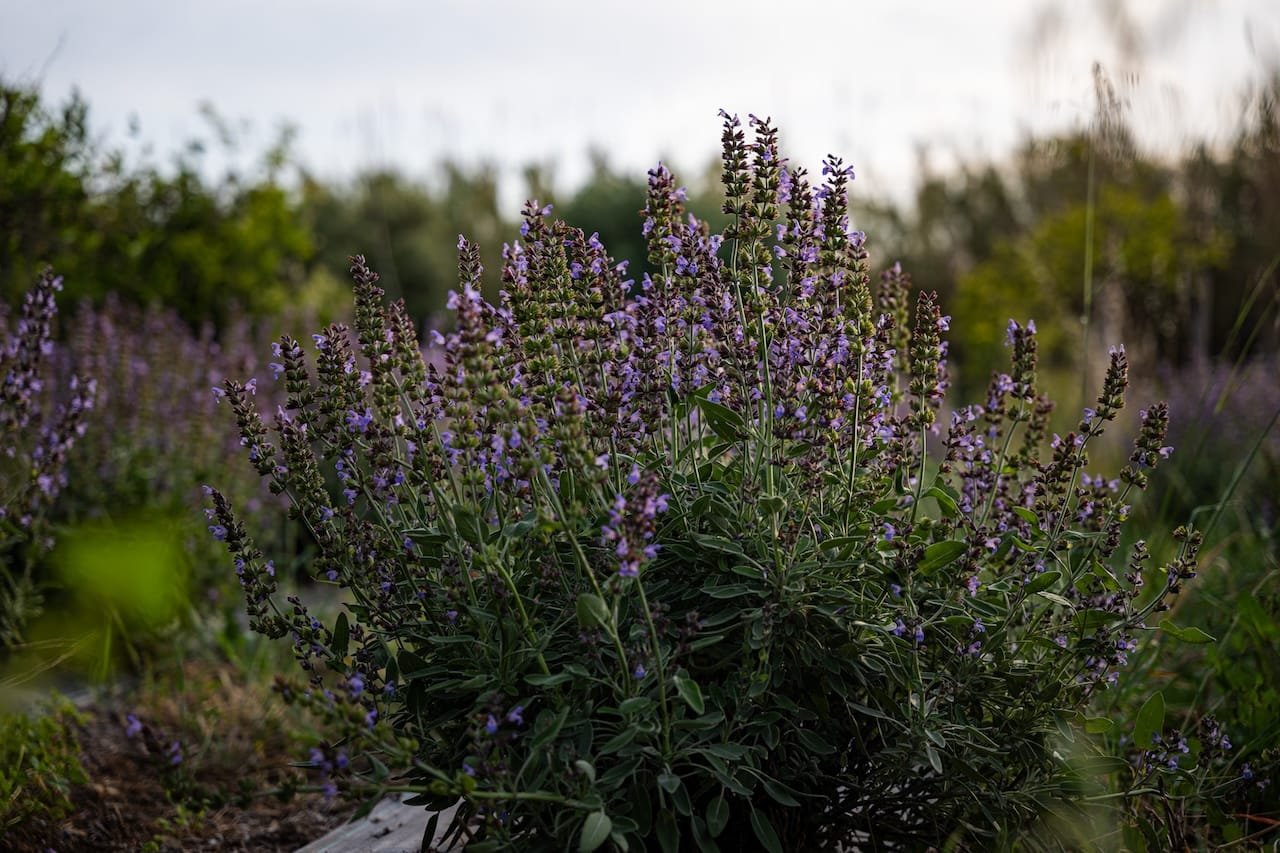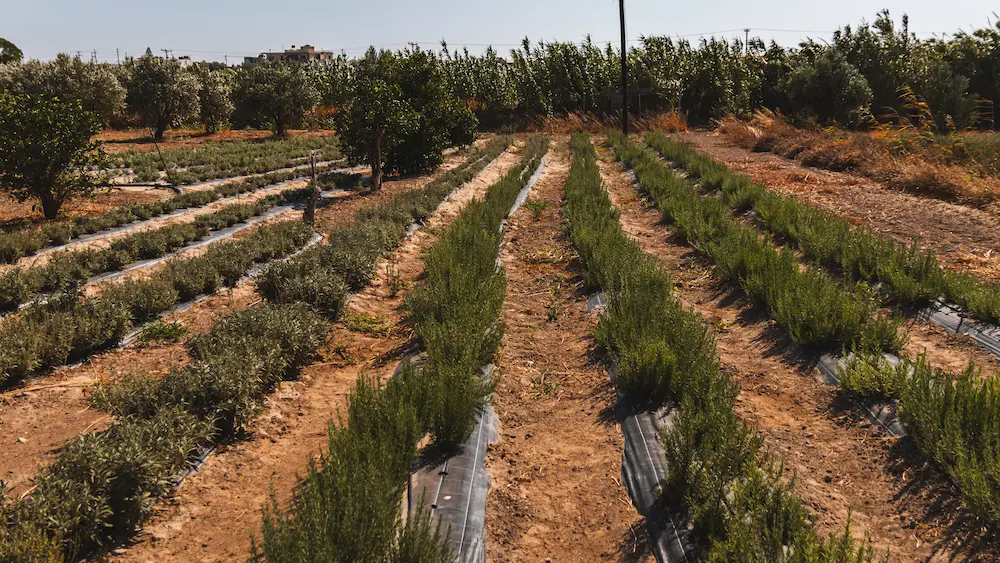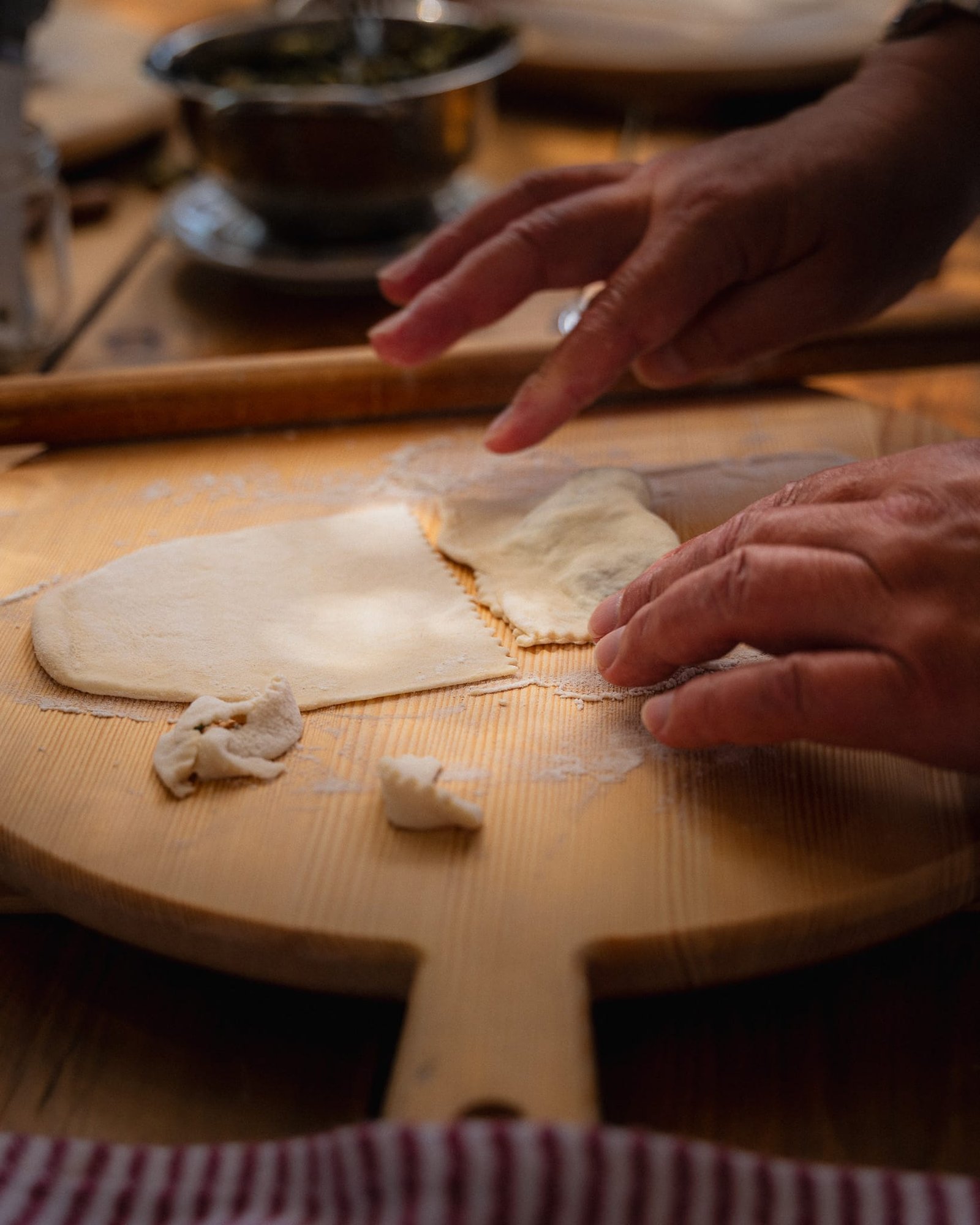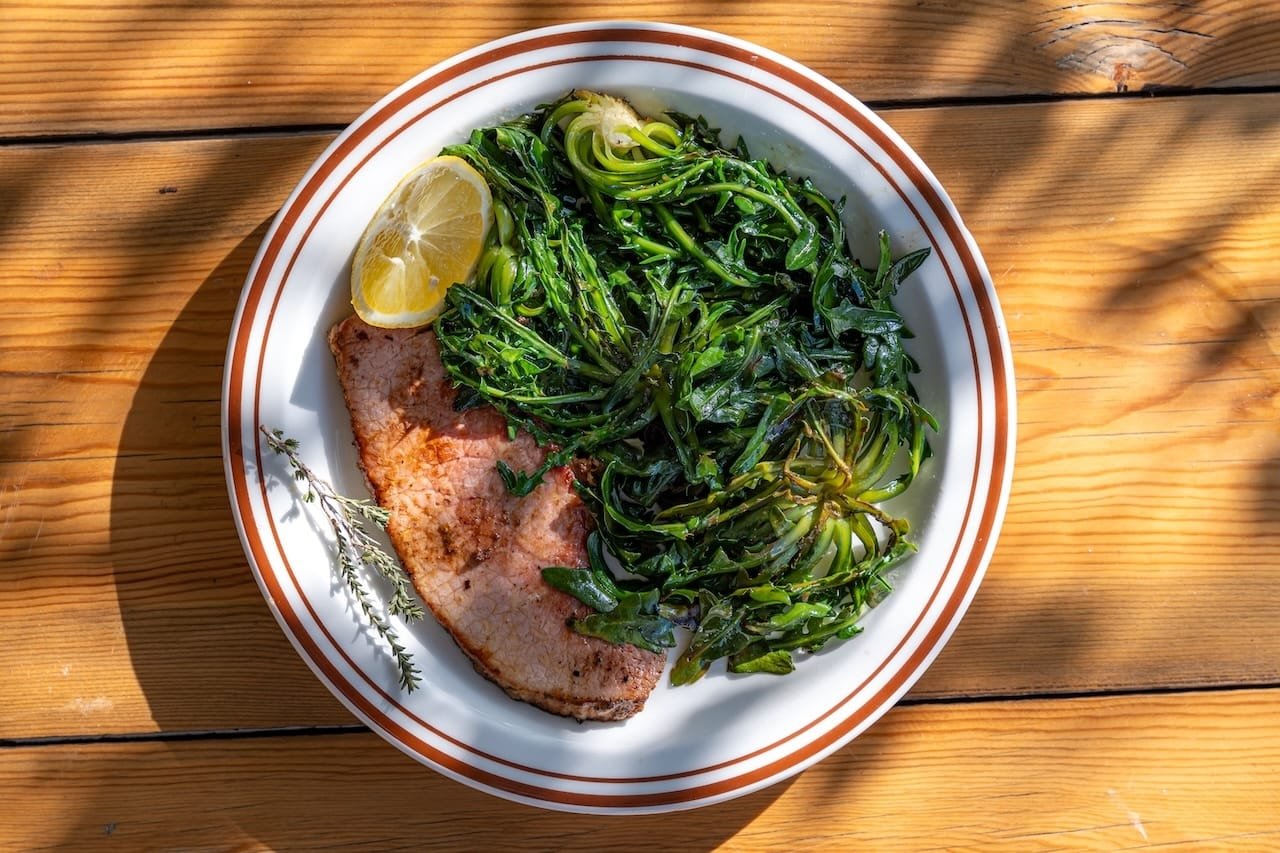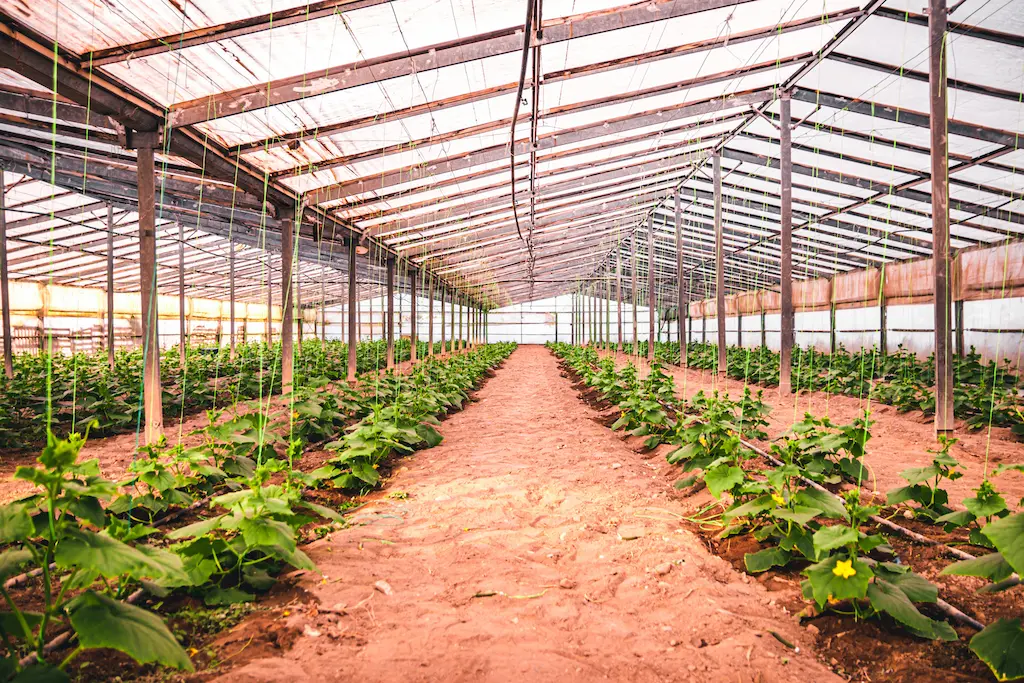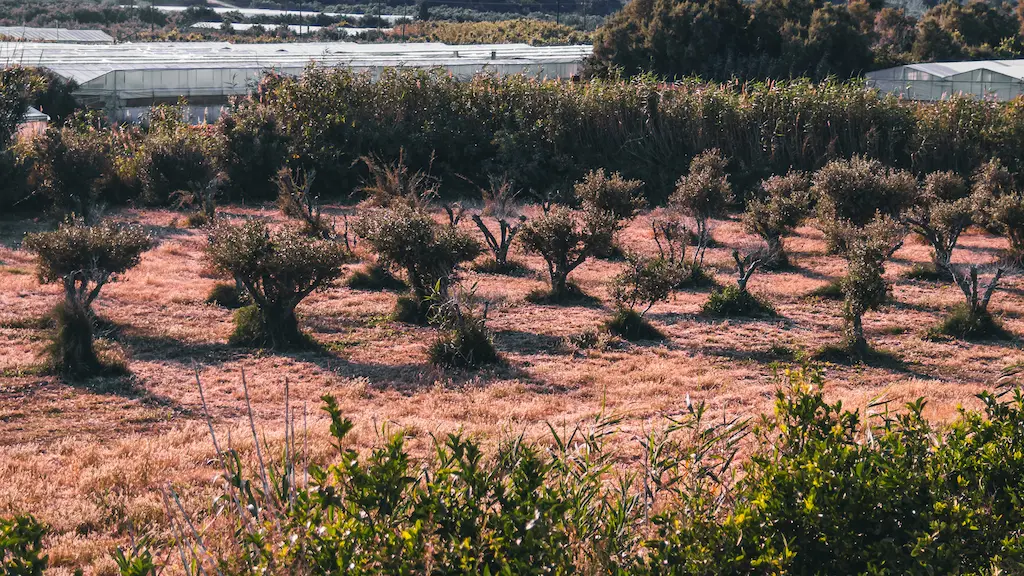In the heart of the Mediterranean lies Crete, a picturesque island that is as rich in history as it is in natural beauty. Among its most cherished traditions is agriculture, a sector that has sustained and shaped Cretan culture for millennia. Today, as the world leans into more sustainable living paradigms, Crete emerges as a beacon of how tradition and innovation can coalesce to forge sustainable farming practices. This article delves into the island’s agricultural tapestry, focusing on organic products, aromatic herbs, and the inherent wisdom of Cretan farms, while highlighting the unique role of Ierapetra in this green revolution.
Table of Contents
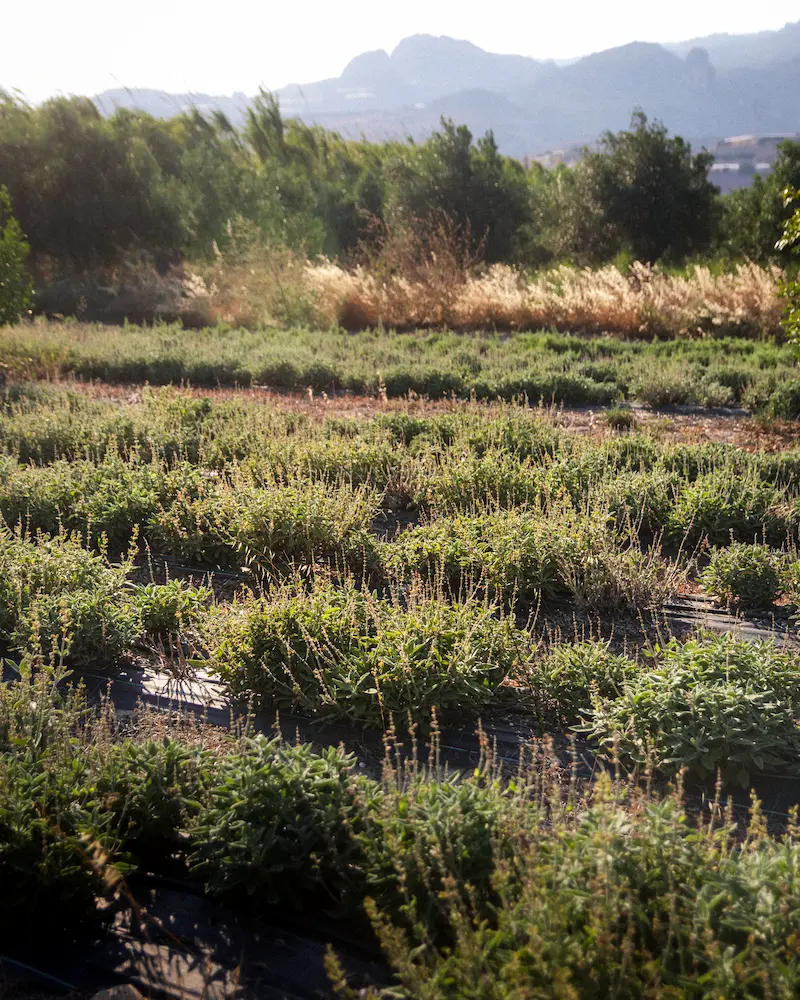
Embracing the Past to Forge the Future
Cretan agriculture has always been characterized by its harmony with nature. The use of aromatic herbs, indigenous crops, and organic farming methods are not new but are rooted in ancient practices passed down through generations. Today, these practices are not just preserved; they are enhanced by innovative techniques that elevate sustainability and productivity.
The Organic Revolution in Crete
Organic farming is at the forefront of Crete’s agricultural evolution. By avoiding synthetic pesticides and fertilizers, Cretan farmers not only produce healthier, organic products but also contribute to the preservation of their land’s fertility and biodiversity. This commitment to organic farming is particularly evident in the region of Ierapetra, known for its abundant sunlight and fertile soils, making it an ideal location for organic agriculture.
Aromatic Herbs: Crete’s Fragrant Gift to the World
Crete’s climate is perfect for growing a wide variety of aromatic herbs, such as sage, oregano, thyme, and rosemary. These herbs are not only integral to Cretan cuisine and natural medicine but also have a significant market value as organic products. Sustainable cultivation of these aromatic treasures ensures that this ancient tradition contributes to the island’s modern economy while preserving the environment.
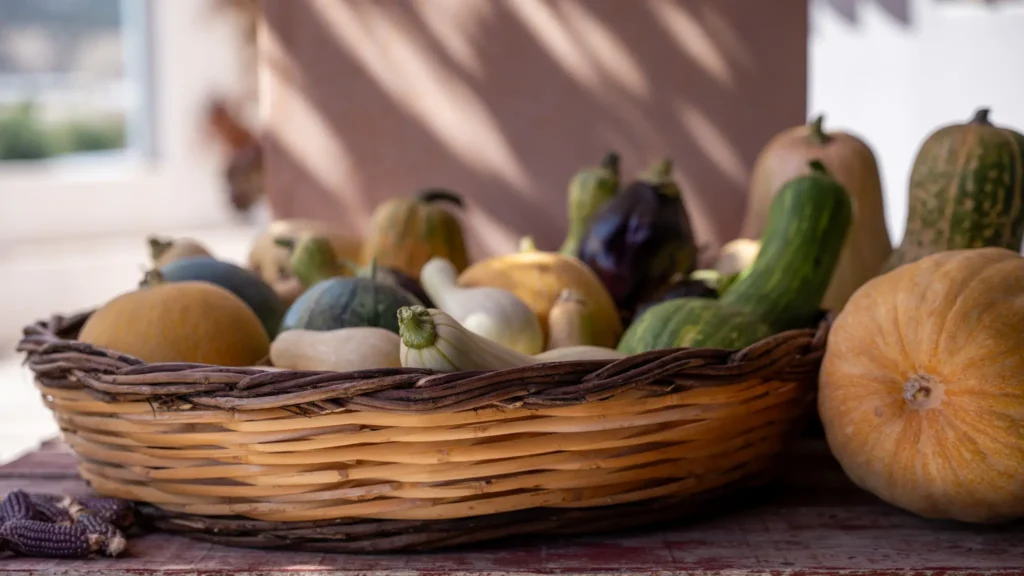
Sustainable Water Management: Innovation in Action
Water scarcity is a critical challenge in Mediterranean agriculture, prompting Cretan farmers to adopt innovative irrigation techniques. From ancient times, the management of water resources has been a key aspect of farming in Crete. Today, modern technologies, such as drip irrigation and rainwater harvesting, are used to maximize water efficiency, ensuring that every drop is used judiciously to nurture the crops.
The Role of Ierapetra in Promoting Sustainable Agriculture
Ierapetra, with its mild climate and fertile lands, stands out as a leader in Crete’s agricultural sector. This region is particularly noted for its greenhouses, which employ sustainable practices to produce a wide array of vegetables and fruits year-round. By integrating traditional knowledge with modern agricultural techniques, Ierapetra demonstrates how rural areas can be transformed into thriving, sustainable communities.
Conclusion
Crete’s journey towards sustainable farming is a testament to the island’s ability to blend tradition with innovation. By nurturing its agricultural heritage while embracing modern practices, Crete not only ensures the sustainability of its farming sector but also sets a precedent for the world to follow. As consumers globally turn towards organic products and sustainable practices, Crete’s agriculture, especially in regions like Ierapetra, stands as a beacon of hope and a model for future generations.

Aspras Terra Agriculture Experience, Ierapetra Crete Greece, follow us on Instagram or Facebook to learn more about our activities and upcoming events!

